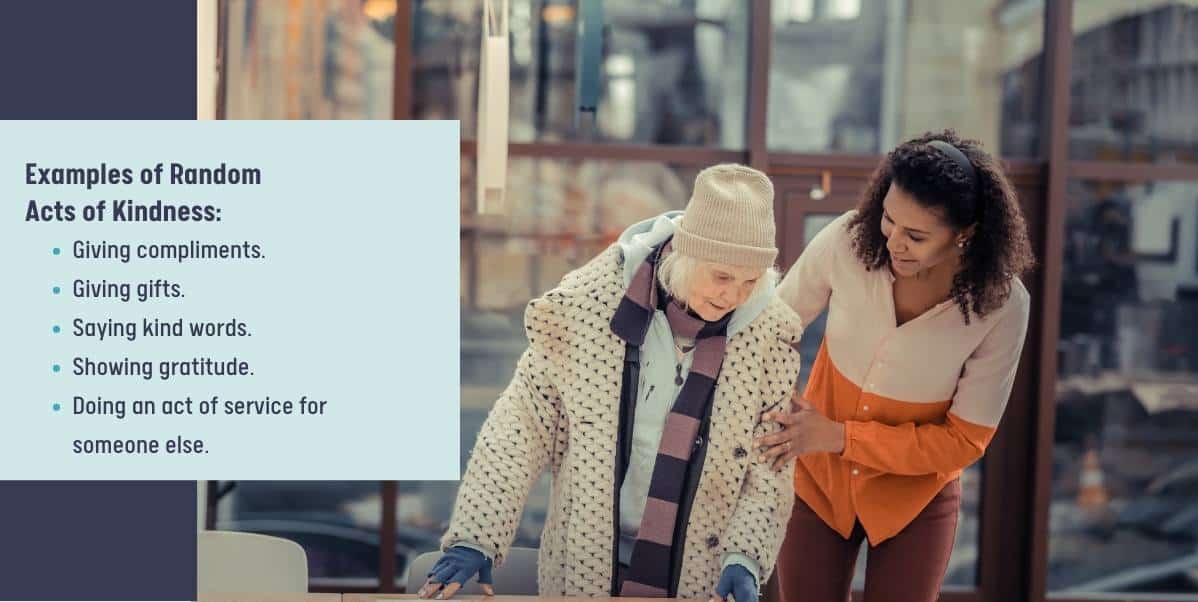
A recent New Year’s resolutions study found that about 40% of Americans set up resolutions, but less than half are still going strong after six months. We all want to make changes in our lives that are good and make a difference, but how do we make the changes last? When making resolutions, you must consider the changes you want and what you can do to make them happen. Taking smaller steps that are easier to reach will make you more likely to reach your goals.
This is true for all resolutions, especially those relating to mental health. Taking small daily steps can help you deal with the symptoms affecting your mental health. Here is a list of new year’s resolutions for managing depression this year.
9 New Year’s Resolutions for Managing Depression:
1. Think About Past New Year’s Resolutions
Before you think about what goals you want to achieve, look at what you’ve already done. Which of your goals did you achieve? Which ones were more difficult to keep? What was hard about them? Be kind and honest with yourself. Knowing how and why you kept or broke a resolution will help you keep it the next time. Also, think about the kind of goals you’re setting. Were they very big, vague, and without a clear plan? Could they be done? Did you have a good time doing them? When you break down big goals like “I want to lose weight” into smaller ones like “I want to exercise three times a week,” you set yourself up for reasonable success and within reach.
2. Make Goals Instead of Promises
When it comes to New Year’s resolutions, people should focus on setting goals instead of promises or agreements. This is mainly because setting goals tend to be more structured and can be broken down into easier-to-achieve sub-goals that help people stay motivated. Because resolutions are usually long-term (for example, “I’m going to eat healthier this year”), there aren’t any real milestones to keep you going. This is why many people give up on their resolutions soon after the new year.
3. Make Sleep a Top Priority
Studies have shown that there is a link between sleep and mental health. Between 65% and 90% of people with significant depression also have trouble sleeping. Try going to bed a little earlier every night this year to give your body the rest it needs.
4. Practice Random Acts of Kindness
Kindness can be shown in the most minor and simple ways. The good thing about this is that it has to do with happiness and happiness with what you have. Doing a small act of kindness every day of the year can help people feel more grateful because it makes them more aware of how lucky they are. Kindness also makes you more caring and understanding, making you feel more connected to others.

5. Enjoy Your Exercise
One healthy goal for the new year is to find a physical activity you enjoy. Every year around December 31st, many people who want to lose weight subscribe to expensive gym memberships and buy expensive exercise equipment for their homes. Even though most people get off to a good start, most fail to make their new habits stick. For this reason, it is important to find exercises that you actually enjoy doing, otherwise, it will be difficult to stick with them and make regular physical activity a part of your daily routine.
6. Take Time to Have Fun and be Creative
Setting aside time each week for creativity and play is a good idea. During the pandemic, many people got back in touch with their creative side by taking up new hobbies and interests. Self-expression and play are powerful ways to reduce stress and feel more joy. Start by listing 5 hobbies you love, 5 you think would be fun, and 5 skills you want to learn. Are there any similarities? Choose one as your aim.
7. Meditate Every Day for 10 minutes
Meditating can be scary, but if you try to do it for a short time, you might do better. If you find it hard to keep your mind “quiet” enough to meditate, remember that it’s a skill that needs practice. Don’t worry about keeping your mind empty; just notice each thought as it comes and let it go.
8. Choose Your Surroundings Carefully
Allow yourself to stay away from people who make you feel bad and work on the relationships that make you feel good. Think about how you feel when you’re with other people. When you spend time with certain people, do you feel better or worse about yourself? Do you feel emotionally full or empty when you’re with them? Depression wants you to feel alone, and being around negative people will only make you feel more alone. But you don’t have to be alone or hang out with bad people. You get to choose the people you surround yourself with.
9. Seek the Right Treatment for Depression
There are many ways to treat depression. Some treatments, like cognitive behavioral therapy, have been tried and true for a long time. There are also now new ways to treat depression. Transcranial Magnetic Stimulation (TMS) is a promising, non-invasive FDA approved way to treat depression.
My TMS, a leader in depression treatment, offers Transcranial Magnetic Stimulation (TMS), an outpatient therapy for patients with treatment-resistant depression. Find out if TMS is right for you by booking a consultation today.


